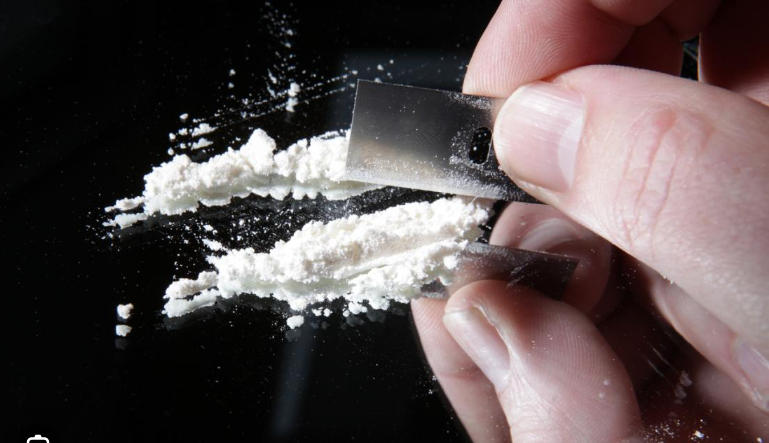Cocaine, a powerful and addictive stimulant drug, has both immediate and lasting effects on the human body. One question that often arises is, “How long does cocaine stay in your blood?”
This article will delve into this topic, exploring the factors that influence the duration of cocaine’s presence in your system. Read on for all the details.
What is Cocaine?
Cocaine is a potent stimulant derived from the coca plant native to South America. Its immediate effects include increased energy, euphoria, and heightened mental alertness.
However, these short-term benefits are overshadowed by the potential for addiction, health complications, and even death.
How is it Metabolized in the Body?
Upon ingestion, cocaine is quickly absorbed into the bloodstream, where it travels to the brain. Here, it boosts levels of dopamine.
This neurotransmitter is associated with pleasure and reward. The body metabolizes cocaine into a substance called benzoylecgonine, which is what most drug tests detect.
Factors Affecting How Long It Stays in the System
The answer to “How long does cocaine stay in your blood?” is not straightforward. Several factors can influence this duration:
- Individual metabolism rates: People with faster metabolisms may process cocaine more quickly than those with slower ones.
- Frequency of use: Regular users of it may have the drug in their systems for longer periods.
- The amount used: Larger doses of cocaine take longer to eliminate from the body.
- Purity of the drug: Higher purity means a higher concentration of cocaine, which can extend the time it takes to leave the system.
- Individual’s general health: Overall health, including liver and kidney function, can affect how fast cocaine is metabolized.
Detection Times in Different Types of Tests
The type of test used can also affect how long cocaine is detectable. Blood and saliva tests can typically detect cocaine for up to 2 days after use, while urine tests can detect the drug for up to 3 days.
However, in heavy users, it metabolites may be detectable in urine for up to two weeks. Hair tests can potentially detect cocaine for several months or even years after use.
The Effects of Cocaine on the Body
Apart from the question of “how long does cocaine stay in your blood?” It’s crucial to understand its effects. Short-term effects include increased heart rate, blood pressure, and body temperature.
Long-term use can lead to serious health problems like heart disease, stroke, and mental health disorders.
Treatment Options and Resources for Cocaine Addiction
If you or someone you know is struggling with cocaine addiction, treatment options are available. These may include behavioral therapy, medications, and support groups. Remember, seeking help is a sign of strength, not weakness.
Conclusion
The duration that cocaine stays in your system varies based on several factors. While the immediate effects of the drug may last only a few minutes to an hour, its metabolites can be detected in your body for days or weeks.
Understanding “how long does it stay in your blood?” is vital, but it’s equally important to recognize the risks and potential harm associated with cocaine use. If you’re struggling with addiction, reach out to a healthcare professional who can guide you toward the path to recovery.

